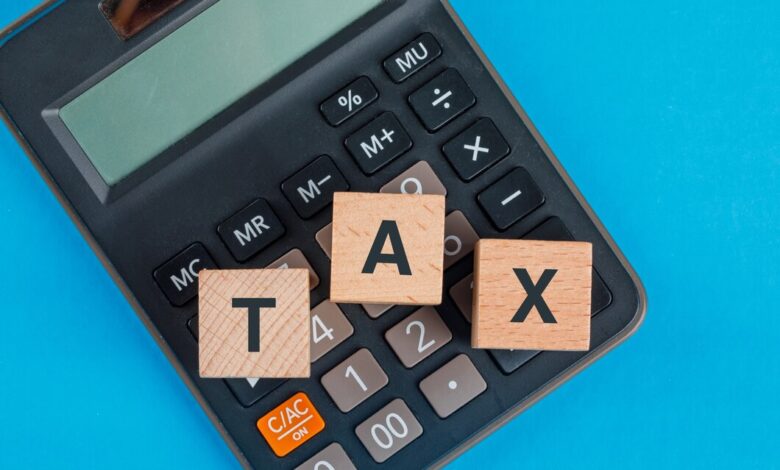10 Ways South African SMEs Can Optimize Their Tax Strategies

For small and medium-sized enterprises (SMEs) in South Africa, optimizing tax strategies is crucial for managing costs, maximizing profits, and ensuring compliance with tax regulations. With careful planning and strategic decision-making, SMEs can minimize their tax burden while maximizing their financial health. Here are ten ways South African SMEs can optimize their tax strategies:
1. Understand Tax Obligations:
SMEs should have a clear understanding of their tax obligations, including corporate income tax, value-added tax (VAT), payroll taxes, and other levies. By staying informed about relevant tax laws and regulations, businesses can ensure compliance and avoid penalties.
2. Keep Accurate Records:
Maintaining accurate financial records is essential for calculating taxes correctly and demonstrating compliance to tax authorities. SMEs should implement robust accounting systems and processes to track income, expenses, and other financial transactions effectively.
3. Take Advantage of Deductions and Credits:
South African tax laws provide various deductions and credits that SMEs can leverage to reduce their taxable income. Businesses should explore opportunities for deductions related to business expenses, depreciation of assets, research and development (R&D) expenses, and other eligible costs.
4. Invest in Tax Planning:
Proactive tax planning can help SMEs identify opportunities for tax savings and minimize tax liabilities. Working with tax professionals or consultants can provide valuable insights into tax-efficient strategies tailored to the specific needs and circumstances of the business.
5. Consider Tax Incentives:
South Africa offers several tax incentives and incentives for SMEs to encourage investment, job creation, and economic development. SMEs should explore available incentives, such as tax breaks for investing in designated economic zones, employing youth or disabled workers, or participating in specific industries or sectors.
6. Structure Business Operations Wisely:
The legal structure of a business can have significant implications for its tax liability. SMEs should carefully consider the pros and cons of different business structures, such as sole proprietorships, partnerships, companies, or trusts, and choose the one that offers the most favorable tax treatment.
7. Manage Capital Gains Tax (CGT) Effectively:
Capital gains tax applies to the sale of assets, such as property, shares, or business assets, that have increased in value. SMEs should plan asset sales strategically to minimize CGT liabilities, considering factors such as timing, exemptions, and rollover relief provisions.
8. Leverage Retirement Savings Vehicles:
Contributing to retirement savings vehicles, such as pension funds, provident funds, or retirement annuities, can offer tax advantages for both the business and its employees. SMEs should explore options for tax-deductible contributions and tax-deferred growth to optimize retirement savings.
9. Monitor Compliance and Reporting Requirements:
Staying compliant with tax laws and regulations is essential for avoiding penalties and maintaining the trust of stakeholders. SMEs should stay up-to-date with changes in tax legislation, file accurate and timely tax returns, and fulfill reporting obligations to relevant authorities.
10. Seek Professional Advice:
Tax laws and regulations can be complex and subject to change, making professional advice invaluable for SMEs. Working with qualified tax advisors, accountants, or legal experts can help SMEs navigate tax challenges, identify opportunities, and optimize their tax strategies effectively.
In conclusion, optimizing tax strategies is essential for South African SMEs to achieve financial sustainability and growth. By understanding their tax obligations, keeping accurate records, leveraging deductions and credits, and seeking professional advice, SMEs can minimize tax liabilities, enhance profitability, and ensure compliance with tax laws and regulations.




